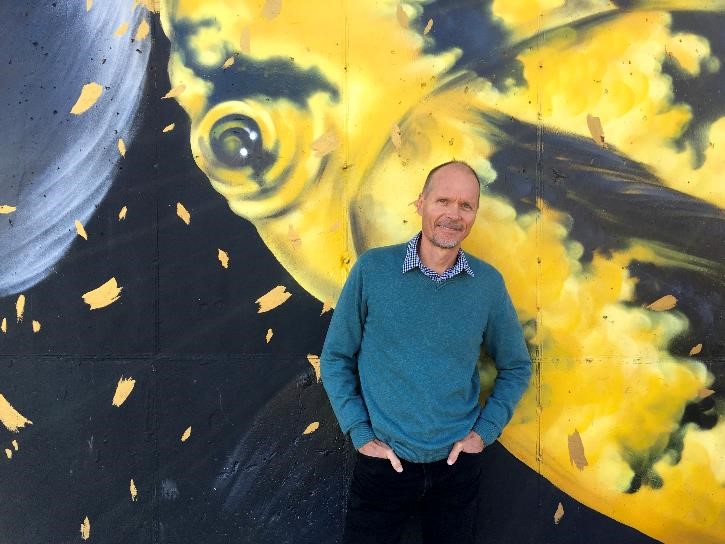Report on the Melbourne Knowing Animals Reading Group in May 2019
Melbourne Knowing Animals Reading Group, 27 May 2019 In May, the Melbourne Knowing Animals Reading Group read Marti Kheel’s analysis of the psychological, ethical and spiritual dimensions that are culturally […]



